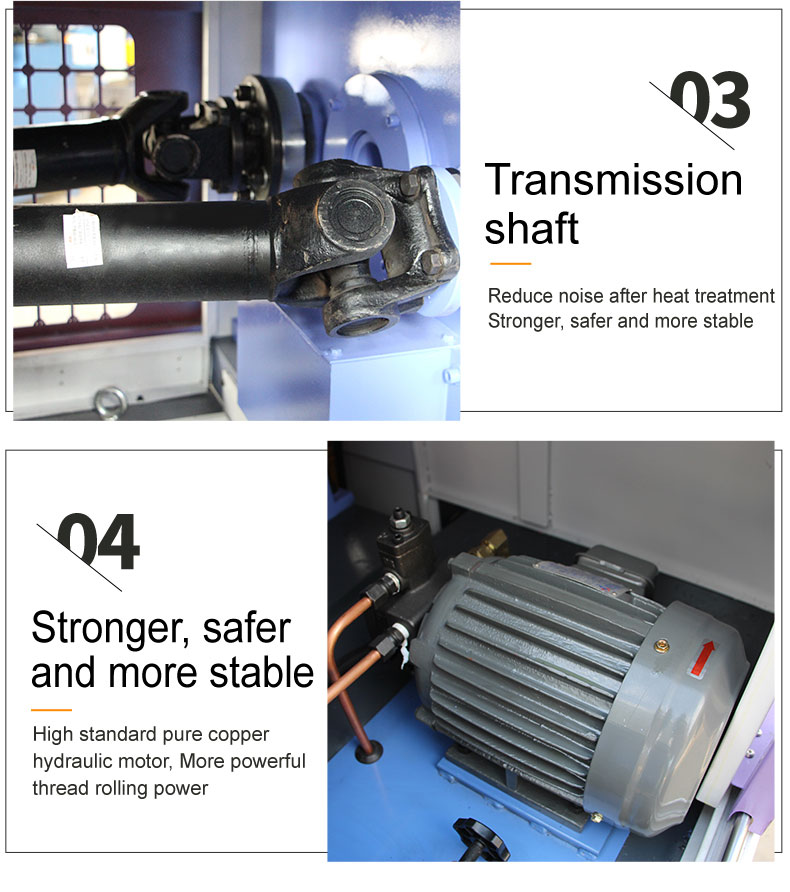
-
 Afrikaans
Afrikaans -
 Albanian
Albanian -
 Amharic
Amharic -
 Arabic
Arabic -
 Armenian
Armenian -
 Azerbaijani
Azerbaijani -
 Basque
Basque -
 Belarusian
Belarusian -
 Bengali
Bengali -
 Bosnian
Bosnian -
 Bulgarian
Bulgarian -
 Catalan
Catalan -
 Cebuano
Cebuano -
 Corsican
Corsican -
 Croatian
Croatian -
 Czech
Czech -
 Danish
Danish -
 Dutch
Dutch -
 English
English -
 Esperanto
Esperanto -
 Estonian
Estonian -
 Finnish
Finnish -
 French
French -
 Frisian
Frisian -
 Galician
Galician -
 Georgian
Georgian -
 German
German -
 Greek
Greek -
 Gujarati
Gujarati -
 Haitian Creole
Haitian Creole -
 hausa
hausa -
 hawaiian
hawaiian -
 Hebrew
Hebrew -
 Hindi
Hindi -
 Miao
Miao -
 Hungarian
Hungarian -
 Icelandic
Icelandic -
 igbo
igbo -
 Indonesian
Indonesian -
 irish
irish -
 Italian
Italian -
 Japanese
Japanese -
 Javanese
Javanese -
 Kannada
Kannada -
 kazakh
kazakh -
 Khmer
Khmer -
 Rwandese
Rwandese -
 Korean
Korean -
 Kurdish
Kurdish -
 Kyrgyz
Kyrgyz -
 Lao
Lao -
 Latin
Latin -
 Latvian
Latvian -
 Lithuanian
Lithuanian -
 Luxembourgish
Luxembourgish -
 Macedonian
Macedonian -
 Malgashi
Malgashi -
 Malay
Malay -
 Malayalam
Malayalam -
 Maltese
Maltese -
 Maori
Maori -
 Marathi
Marathi -
 Mongolian
Mongolian -
 Myanmar
Myanmar -
 Nepali
Nepali -
 Norwegian
Norwegian -
 Norwegian
Norwegian -
 Occitan
Occitan -
 Pashto
Pashto -
 Persian
Persian -
 Polish
Polish -
 Portuguese
Portuguese -
 Punjabi
Punjabi -
 Romanian
Romanian -
 Russian
Russian -
 Samoan
Samoan -
 Scottish Gaelic
Scottish Gaelic -
 Serbian
Serbian -
 Sesotho
Sesotho -
 Shona
Shona -
 Sindhi
Sindhi -
 Sinhala
Sinhala -
 Slovak
Slovak -
 Slovenian
Slovenian -
 Somali
Somali -
 Spanish
Spanish -
 Sundanese
Sundanese -
 Swahili
Swahili -
 Swedish
Swedish -
 Tagalog
Tagalog -
 Tajik
Tajik -
 Tamil
Tamil -
 Tatar
Tatar -
 Telugu
Telugu -
 Thai
Thai -
 Turkish
Turkish -
 Turkmen
Turkmen -
 Ukrainian
Ukrainian -
 Urdu
Urdu -
 Uighur
Uighur -
 Uzbek
Uzbek -
 Vietnamese
Vietnamese -
 Welsh
Welsh -
 Bantu
Bantu -
 Yiddish
Yiddish -
 Yoruba
Yoruba -
 Zulu
Zulu
Different Methods of Thread Rolling in Manufacturing Factories
Types of Thread Rolling Factories
Thread rolling is an essential manufacturing process used predominantly in the metalworking industry. It involves the creation of threads on a cylindrical workpiece through a forming process rather than cutting the material away. This method is particularly favored due to its ability to produce high-strength threads with superior surface finishes while reducing waste. Within this industry, various types of thread rolling factories operate, each suited for different applications and materials. This article will explore the main types of thread rolling factories, their operations, and their unique characteristics.
1. Dedicated Thread Rolling Factories
Dedicated thread rolling factories are specialized facilities that focus primarily on thread rolling processes. These factories often feature advanced and automated machinery that is tailored specifically for rolling threads in bulk. These facilities typically cater to high-volume production runs, manufacturing components such as screws, bolts, and nuts. The machinery used in dedicated thread rolling factories generally includes flat, cylindrical, and planetary thread rolling machines that can handle a diverse range of materials, including steel, aluminum, and plastics.
The primary advantage of dedicated factories is their optimized workflow, which leads to reduced production times and lower costs per unit. They often have highly skilled workers who have expertise in setup, operation, and maintenance of the rolling equipment, ensuring that high-quality standards are upheld.
2. Job Shop Thread Rolling Factories
Contrasting with dedicated factories, job shop thread rolling factories operate more like custom manufacturing shops. These factories support a wide variety of customer requests, accommodating small to medium-sized production runs. They are often ideal for businesses that require specific thread types, sizes, or materials that are less common in mass production settings.
Job shop factories are versatile and can quickly adapt to changes in orders and specifications. The machinery in these factories is also diverse, enabling them to perform various operations beyond thread rolling, such as drilling, tapping, and machining. This flexibility can be particularly beneficial for customers who want to prototype new products or require unusual specifications.
types of thread rolling factories

3. High-Precision Thread Rolling Factories
High-precision thread rolling factories focus on producing threads that meet stringent tolerances and specifications. These factories typically serve industries such as aerospace, automotive, and medical devices, where the integrity and accuracy of components are critical. The machines utilized in these factories are advanced and often equipped with CNC (Computer Numerical Control) technology, which enhances precision and repeatability.
High-precision factories may also implement rigorous quality control measures, including inspections and testing of threads, before delivering them to customers. This attention to detail ensures that the final products meet industry regulations and standards, particularly in highly regulated sectors like aerospace and medicine.
4. Large-Scale Production Facilities
Large-scale thread rolling factories are designed to serve high-volume needs across various sectors. These facilities typically operate continuous production lines where machinery is optimized for speed and efficiency. They manage substantial inventories of raw materials and finished goods to meet the demands of large clients effectively.
The ability to operate at scale allows these factories to benefit from economies of scale; thus, they can offer competitive pricing on threaded components. However, they also need to maintain high levels of quality assurance to ensure that mass-produced items meet the required standards for various applications.
Conclusion
The thread rolling industry consists of various factories, each tailored to specific needs and market demands. From dedicated factories specializing in high-volume production to job shops offering flexibility for custom orders, each type plays a vital role in the supply chain for threaded components. Understanding these different types can help businesses choose the right manufacturing partner to meet their specific needs, ensuring high-quality products and cost-efficiency in their operations. With the continued advancements in technology and processes, the future of thread rolling factories looks promising, poised to meet the demands of an ever-evolving market.
